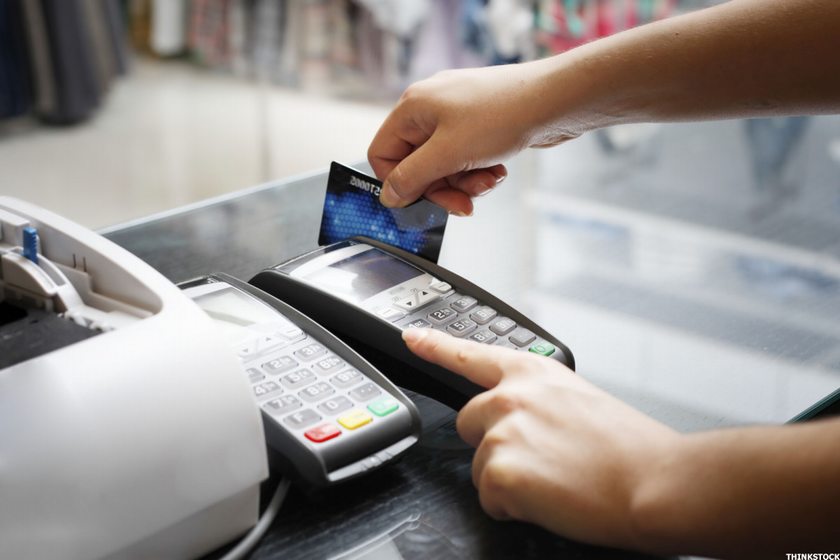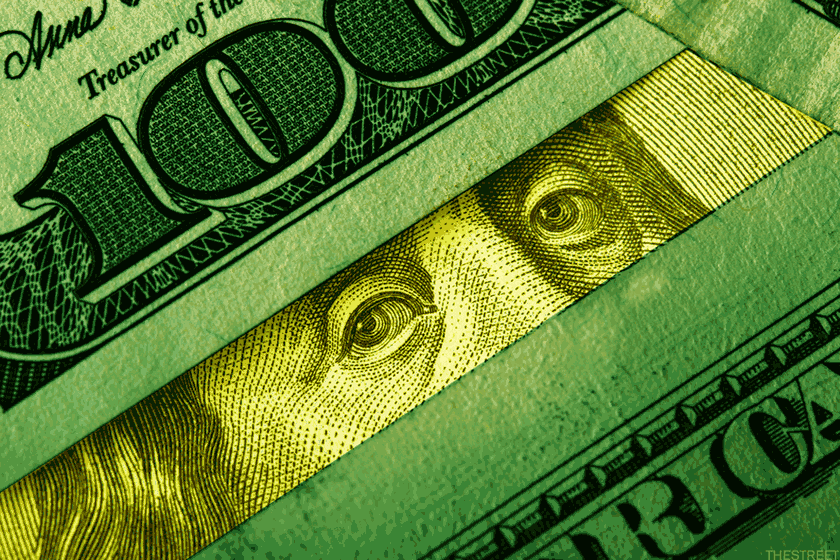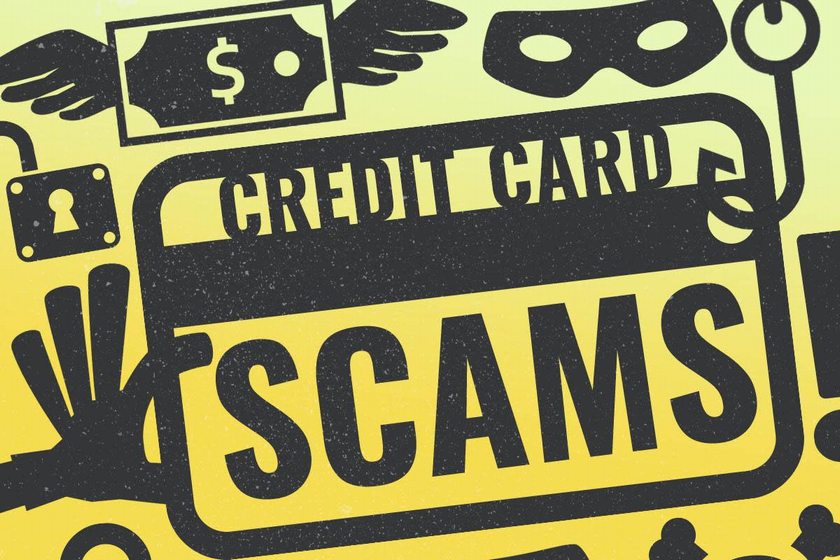There is just one approach for Millennials, or anybody else, to make bank card debt work of their favor: Pay it down and eradicate it. Properly, type of. Similar to ldl cholesterol, some debt is nice for you.
As of the third quarter of 2017, Millennials stared down $808 billion in U.S. bank card debt and $1.36 trillion in pupil mortgage debt, in response to the Federal Reserve Financial institution of New York. The typical school graduate is carrying greater than $37,000 in pupil mortgage debt, in response to school and scholarship website Cappex.
That debt has been particularly powerful for Millennials to repay. The Bureau of Labor Statistics places the general unemployment price at 4.1%, however that rises to 7.2% for adults ages 20 to 24 and 14.5% for these ages 18 and 19. But Joe O'Boyle, a monetary advisor with Voya Monetary Advisors in Beverly Hills, Calif., informed us some time again that many youthful shoppers come to him fully misinformed about deal with their bank card debt.
"So many Millennials come into my workplace with bank card debt or bank card balances they usually say 'I don't wish to pay it off in full as a result of I'm attempting to construct my credit score," he says. "They don't perceive that they're alleged to pay it off in full each month so that they don't accumulate curiosity."
As O'Boyle factors out, the FICO rating utilized by credit score bureaus to find out the well being of 1's credit score values on-time cost and low balances above all else. The mixture of a spotless cost historical past (35% of a FICO rating) and the quantity of debt a cardholder carries in relation to their credit score restrict (that means a credit score utilization of as much as 30% of accessible credit score) account for practically two-thirds of an individual's general credit score rating. In the event you by no means miss a cost, however use $9,500 of your $10,000 credit score restrict, you're nonetheless tarnishing your credit score and making it more durable to lease a automobile or mortgage a house.
Can You Use Credit score Card Debt to Your Benefit?
The truth is, the one time credit-card debt is "good" is when it's on a low-interest card that Millennials or anybody else can repay shortly, a CreditCards.com survey discovered that those that fall behind in bank card funds face a median penalty price of 28.45%.
Nevertheless, if in case you have $5,000 excellent on one among your present bank cards, transferring to a card with a 0% annual share price (assuming a 3% stability switch charge and a 12-month 0% introductory APR) would allow you to pay that off inside a 12 months for $5,150. That's not as nice as $5,000, however somebody paying a 28.45% penalty price must pay $5,803 over 12 months to repay that very same $5,000 — or $653 extra. Even if you happen to're carrying a normal 15% APR, it might value $5,415.48 to repay that stability. That's nonetheless $265 greater than the 0% provide.
"Hopelessness will be paralyzing," says Matt Schulz, trade professional for CreditCards.com, "however the actuality is that individuals have extra energy of their debt than they understand. Crucial factor is solely to take motion — even small ones — to begin knocking that debt down."
Even opening one other bank card account you'll by no means use may help. In the event you're utilizing $2,500 of your $5,000 obtainable credit score, however can someway open an account with one other $5,000 in obtainable credit score, you'll trim your credit score utilization rating from 50% to 25%. Assuming you may keep away from utilizing that newfound credit score till you've paid off your previous debt, it ought to assist your case significantly.
"Bank card debt is like an invasive plant that may shortly get uncontrolled if you happen to don't care for it," says Kimberly Palmer, private finance professional at NerdWallet.
A NerdWallet survey discovered that 40% of People need to sort out debt in 2017, with 23% their credit-card debt particularly. Nevertheless, NerdWallet notes that 10% — together with a complete lot of Millennials — would moderately deal with their common of $17,000 in pupil mortgage debt first. Palmer says that is extremely unwise, as credit-card curiosity is 2.5-times increased than pupil mortgage curiosity. It will require simply 10 years to pay $17,000 in pupil mortgage debt, however 19 years to repay the identical quantity of bank card debt.
As a substitute NerdWallet suggests beginning with the typical $6,081 in bank card debt carried by every U.S. cardholder with an impressive stability. It will take 14 years and a further $4,000 in curiosity to pay it off with bare-minimum funds, however paying it off fully by the tip of the 12 months would value $457 a month.
John S. Kiernan, senior author and editor at credit score and finance website WalletHub, suggests paying down 20%. In the event you can switch that debt to a bank card providing 0% curiosity for no less than 12 months, it'll value lower than $150 a month and scale back the quantity of curiosity you'll need to pay general.
"The earlier you may attain debt freedom, the higher off your pockets shall be," Kiernan says.
This text is commentary by an unbiased contributor. On the time of publication, the creator held no positions within the shares talked about.





